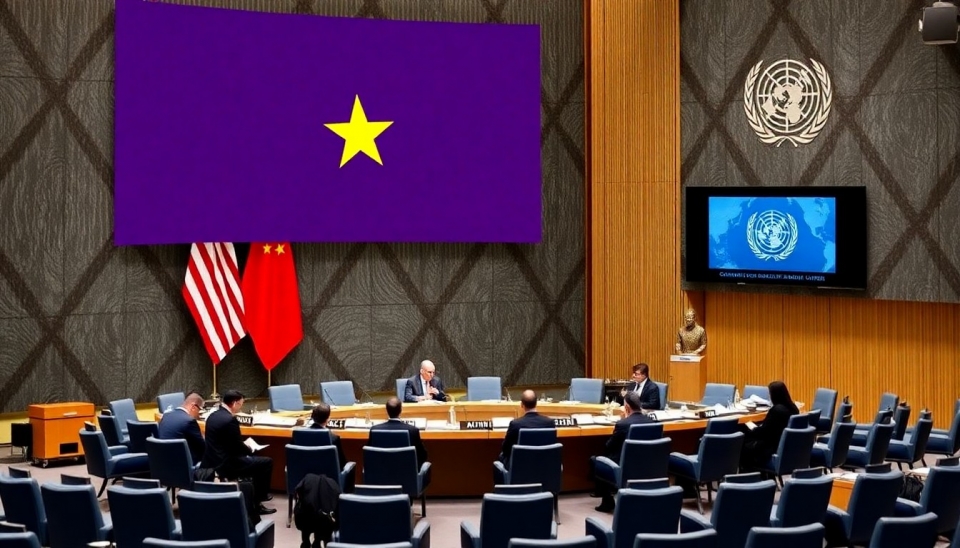New Heatwaves Will Have Long-Term Impact on Asia's Economy

A recent report on global economic trends highlights that the increasing frequency and intensity of heatwaves in Asia could have serious implications for the regional economy. Amid climate change, temperatures in some parts of the continent are reaching record highs, threatening the livelihoods of millions and, ultimately, the sustainability of many sectors.
According to a study conducted by experts, the number of heatwaves is expected to increase in the coming decades, leading to not only physical discomfort but also negative impacts on agricultural production, public health, and labor productivity. In particular, regions heavily reliant on agriculture may face decreasing yields, while densely populated cities will experience the consequences of overheating and declining air quality.
So far, governments in the region have begun taking steps to improve heat protection infrastructure, including the development of parks and green spaces that can lower urban temperatures. However, a lack of funding and the absence of a unified approach to tackling climate change remain significant obstacles.
Experts emphasize the importance of international collaboration in this area, stressing the need for deeper exchanges of knowledge and technology to adapt to new climate conditions and minimize economic damage.
Thus, heatwaves caused by global warming are becoming not only an environmental but also an economic threat to Asia. The rapid development of this issue calls for prompt responses and collective actions from all stakeholders to ensure a sustainable future.




